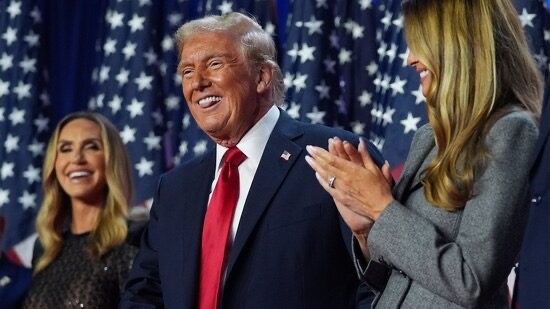Donald Trump’s projected win in the 2024 election could pose challenges for high-skilled immigrants, particularly H-1B visa holders. Donald Trump’s projected victory in the 2024 presidential election may signal a tough road ahead for high-skilled immigrants, especially those on H-1B visas and their families. While Trump has floated the idea of “stapling a green card” to “international students”, his prior administration’s record suggests stricter immigration measures are more likely.
During his first term, Trump oversaw a substantial increase in H-1B visa denials and Requests for Evidence (RFEs), leading to heightened uncertainty for high-skilled workers. From 2016 to 2020, H-1B denial rates averaged around 18%, compared to only 3.2% under the Biden administration. Similarly, the rate of RFEs nearly tripled under Trump, from around 12% to a peak of 34%. Trump Administration 2.0 might make the process more rigorous, possibly driving denial rates back up, which would make it harder for international students and high-skilled immigrants to secure or maintain employment.
Trump 2.0 could spell trouble for H-1B spouses and OPT programs
H-4 visa holders—spouses of H-1B workers—are also expected to face challenges. The Obama-era rule that allowed H-4 spouses to work was previously targeted for elimination by Trump officials. In 2018, former USCIS Director Francis Cissna confirmed plans to “remove H-4 dependent spouses from the class of aliens eligible for employment authorization.” While this rule wasn’t ultimately rescinded, legal experts anticipate renewed attempts to restrict H-4 work authorization, either by removing it altogether or by making the process more burdensome. For example, the Trump administration previously added redundant steps that extended processing times for H-4 employment authorization documents (EADs), turning a process that typically takes just minutes into one that could last a year. Optional Practical Training (OPT), a program that allows international students to work in the U.S. for 12 months (with an additional 24-month extension for STEM graduates), might also face scrutiny. Stephen Miller, a senior advisor in the Trump administration, previously tried to restrict OPT and eliminate the STEM extension. Though he faced resistance from within the administration, Miller’s influence could resurface in a second Trump term, possibly leading to more restrictive OPT policies. Cornell Law professor Stephen Yale-Loehr, who observed that any restrictions on post-graduation work authorization would make the US a less attractive destination for international students, whose work aspirations often hinge on OPT or H-1B visa pathways.



